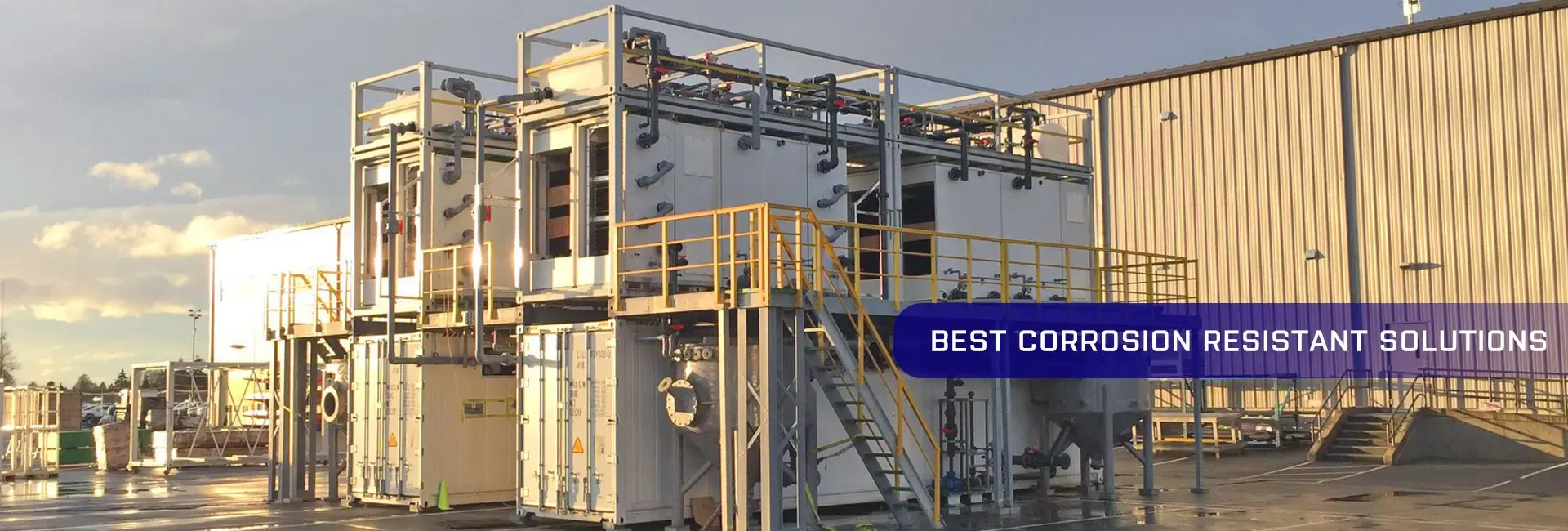
-
 Afrikaans
Afrikaans -
 Albanian
Albanian -
 Amharic
Amharic -
 Arabic
Arabic -
 Armenian
Armenian -
 Azerbaijani
Azerbaijani -
 Basque
Basque -
 Belarusian
Belarusian -
 Bengali
Bengali -
 Bosnian
Bosnian -
 Bulgarian
Bulgarian -
 Catalan
Catalan -
 Cebuano
Cebuano -
 China
China -
 China (Taiwan)
China (Taiwan) -
 Corsican
Corsican -
 Croatian
Croatian -
 Czech
Czech -
 Danish
Danish -
 Dutch
Dutch -
 English
English -
 Esperanto
Esperanto -
 Estonian
Estonian -
 Finnish
Finnish -
 French
French -
 Frisian
Frisian -
 Galician
Galician -
 Georgian
Georgian -
 German
German -
 Greek
Greek -
 Gujarati
Gujarati -
 Haitian Creole
Haitian Creole -
 hausa
hausa -
 hawaiian
hawaiian -
 Hebrew
Hebrew -
 Hindi
Hindi -
 Miao
Miao -
 Hungarian
Hungarian -
 Icelandic
Icelandic -
 igbo
igbo -
 Indonesian
Indonesian -
 irish
irish -
 Italian
Italian -
 Japanese
Japanese -
 Javanese
Javanese -
 Kannada
Kannada -
 kazakh
kazakh -
 Khmer
Khmer -
 Rwandese
Rwandese -
 Korean
Korean -
 Kurdish
Kurdish -
 Kyrgyz
Kyrgyz -
 Lao
Lao -
 Latin
Latin -
 Latvian
Latvian -
 Lithuanian
Lithuanian -
 Luxembourgish
Luxembourgish -
 Macedonian
Macedonian -
 Malgashi
Malgashi -
 Malay
Malay -
 Malayalam
Malayalam -
 Maltese
Maltese -
 Maori
Maori -
 Marathi
Marathi -
 Mongolian
Mongolian -
 Myanmar
Myanmar -
 Nepali
Nepali -
 Norwegian
Norwegian -
 Norwegian
Norwegian -
 Occitan
Occitan -
 Pashto
Pashto -
 Persian
Persian -
 Polish
Polish -
 Portuguese
Portuguese -
 Punjabi
Punjabi -
 Romanian
Romanian -
 Russian
Russian -
 Samoan
Samoan -
 Scottish Gaelic
Scottish Gaelic -
 Serbian
Serbian -
 Sesotho
Sesotho -
 Shona
Shona -
 Sindhi
Sindhi -
 Sinhala
Sinhala -
 Slovak
Slovak -
 Slovenian
Slovenian -
 Somali
Somali -
 Spanish
Spanish -
 Sundanese
Sundanese -
 Swahili
Swahili -
 Swedish
Swedish -
 Tagalog
Tagalog -
 Tajik
Tajik -
 Tamil
Tamil -
 Tatar
Tatar -
 Telugu
Telugu -
 Thai
Thai -
 Turkish
Turkish -
 Turkmen
Turkmen -
 Ukrainian
Ukrainian -
 Urdu
Urdu -
 Uighur
Uighur -
 Uzbek
Uzbek -
 Vietnamese
Vietnamese -
 Welsh
Welsh -
 Bantu
Bantu -
 Yiddish
Yiddish -
 Yoruba
Yoruba -
 Zulu
Zulu
Durable Rectangular Fiberglass Tanks for Versatile Storage Solutions in Various Applications
Understanding Rectangular Fiberglass Tanks A Versatile Solution for Various Applications
Rectangular fiberglass tanks have gained popularity across various industries for their durability, versatility, and efficiency. These tanks are made from fiberglass reinforced plastic (FRP), a composite material known for its strength-to-weight ratio and resistance to corrosion. This makes them an ideal choice for applications involving liquids, chemicals, and even some solid materials.
One of the primary advantages of rectangular fiberglass tanks is their design flexibility. Unlike traditional tanks, which often come in cylindrical forms, rectangular tanks can be custom-made to suit specific spatial constraints or volume requirements. This adaptability makes them particularly useful in settings where space is limited, such as in industrial plants, wastewater treatment facilities, and agricultural applications. The rectangular shape allows for easier stacking and placement, optimizing the available area and improving operational efficiency.
Furthermore, fiberglass tanks are exceptionally resistant to the corrosive effects of harsh chemicals, which is critical in sectors such as agriculture, petrochemicals, and water treatment. They do not rust or corrode, ensuring a longer lifespan and reduced maintenance costs. This resilience translates into fewer disruptions in operations, making fiberglass tanks a cost-effective investment over time.
rectangular fiberglass tanks

Another significant benefit of rectangular fiberglass tanks is their insulation properties. Many fiberglass tanks can be manufactured with insulated walls, which are essential for applications requiring temperature control. For instance, in the food and beverage industry, maintaining specific temperatures is critical for ensuring product quality and safety. Insulated tanks help minimize temperature fluctuations, preserving the integrity of stored materials.
In addition to their practical benefits, rectangular fiberglass tanks can be designed in a variety of colors and finishes. This means they can be aesthetically pleasing while maintaining functionality, blending seamlessly into any environment. Whether installed above ground or buried underground, their appearance can be tailored to meet aesthetic preferences without compromising performance.
Maintenance of rectangular fiberglass tanks is relatively straightforward, requiring periodic inspections and cleaning to ensure optimal performance and longevity. Their smooth surfaces minimize the build-up of residue, making maintenance tasks easier compared to materials like concrete or metal.
In conclusion, rectangular fiberglass tanks represent a versatile and efficient solution for a wide range of industries. Their unique properties, including design flexibility, corrosion resistance, thermal insulation, and low maintenance requirements, make them an excellent choice for businesses looking to optimize their storage solutions. As industries continue to evolve, the demand for innovative storage solutions like rectangular fiberglass tanks will likely grow, proving their worth in modern applications.
Latest news
-
Exploring the Benefits of Top Hammer Drifter Rods for Enhanced Drilling PerformanceNewsJun.10,2025
-
High-Precision Fiberglass Winding Machine for GRP/FRP Pipe Production – Reliable & Efficient SolutionsNewsJun.10,2025
-
FRP Pipes & Fittings for Shipbuilding - Corrosion-Resistant & LightweightNewsJun.09,2025
-
Premium FRP Flooring Solutions Durable & Slip-ResistantNewsJun.09,2025
-
Premium Fiberglass Rectangular Tanks Durable & Lightweight SolutionNewsJun.09,2025
-
Tapered Drill String Design Guide Durable Performance & UsesNewsJun.09,2025









